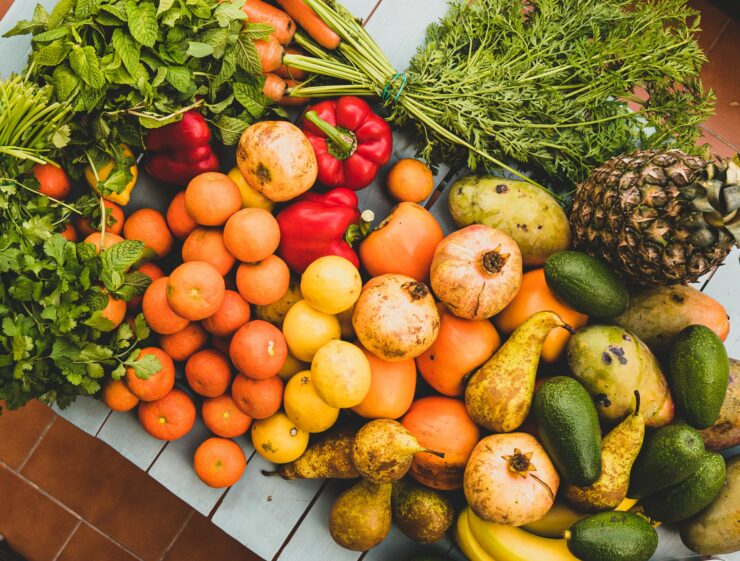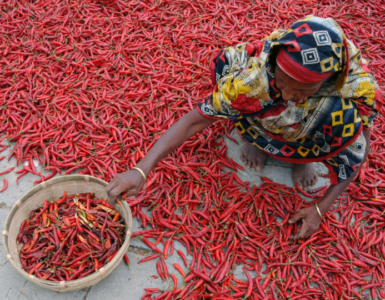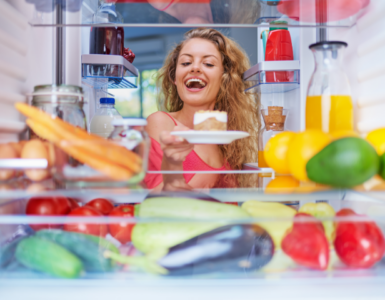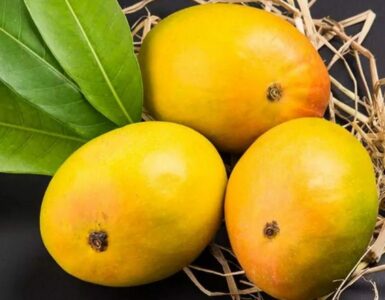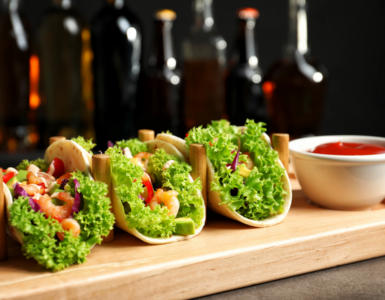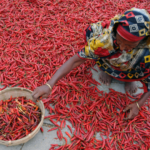The Pandemic has made sanitation a household habit thanks to the need to combat the spread of the virus. Although COVID is an air-borne disease, other communicable diseases come can spread through food and vegetable contamination. Nonetheless, it is still a good habit to clean your fruits and vegetables before consumption to wash away pesticides, dirt, and germs. Fruits and vegetables are an integral part of your diet and usually contain all kinds of germs and pesticides that might be a health hazard.
Ironically, insights from Environmental Working Group (EWG) Toxicologist, Thomas Galligan, says that the dangers caused by pesticide infection cannot surpass the health benefits of consuming such fruits and vegetables. It is however advisable to clean these foods to avoids health issues and hospital visits. Pesticides have dangerous impacts such as cancer, disturbance in hormones, and harm to infants’ developing brains. To avoid such, cleaning organic produce nothing short of a wise decision.
Enough lessons here goes the list of the dirtiest produce at the grocery store, according to EWG’s ranking, and how to clean them.
Strawberries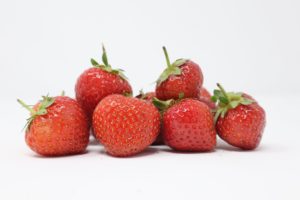
Strawberries are the leaders in levels of pesticide contamination all thanks to inorganic practices even as consumers demand organic fruits and vegetables. So how should you clean your strawberries?
- Wash them in salty water, add a teaspoon of salt to a cup of water.
- Allow it to cool and wash your strawberries after a few minutes of soaking.
- Gently dry your strawberries with a clean piece of cloth.
- Serve or refrigerate as desired.
Spinach
Spinach is the second dirtiest produce at the grocery, as confirmed by EWG in their 2021 analysis. Spinach being vital for vitamins means you we cannot simply skip them so here is how to proceed;
- Ensure you buy organic spinach.
- Wash the spinach with gentle friction in a bowl of water (Friction removes every kind of tiny gritty dirt)
- Use a salad spinner for drying or a piece of cloth.
Nectarines
However juicy and tender, nectarines still managed to fall on the list thanks to accumulating pesticide residue. Before munching on them, wash them in baking soda. E-coli and other germs are easily eliminated with a single wash of baking soda and then a rinse.
Soaking nectarines for about 12 minutes in one ounce of baking soda combined with 100 ounces of water is enough for you to start enjoying your peaches.
Kale, Collard, & Mustard Greens
Unfortunately, a test by USDA revealed that these veggies have DCPA pesticide, a harmful human carcinogen. Besides, just like any other veggies, they are full of sand and dirt. Before consumption;
Clean the veggies with some friction caused by your hands with them in a bowl full of water to make them fit for cooking. Dry them using a salad spinner or a piece of clean cloth.
Apples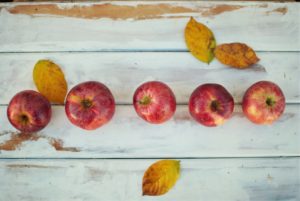
Have you ever realized that apples are always shiny when displayed among other products at the grocery? Apples have a coating of a waxy sheen that makes them shiny from spraying. To clean them, use a brush with soft spikes and scrub the apples before biting on them.
Grapes
Grapes are among the grocery products with a neurotoxic chemical called chlorpyrifos, and the hardest of all to clean hassle-free. However, salt and baking soda deliver a perfect wash.
- Place the grapes in a bowl.
- Add a teaspoon of salt and baking soda.
- Mix by shaking to ensure they are perfectly coated. Rinse with cold water.
- Dry in a clean towel.
You can now start snacking on your delicious fruits.
Other dirty products at the grocery store:
- Cherries: Just like grapes, cherries are sprayed with chlorpyrifos. Soak them for 15 minutes in a vinegar solution and rinse thoroughly.
- Peaches: Wash them thoroughly using your hands and peel them before soaking when you’re making a dessert.
- Pears: Spray a blend of lemon juice, vinegar, and water on your pairs, rub and rinse with water.
There’s no reason for you to stop eating fruits and veggies due to fear of contamination. Cleaning these are as easy as cake but you still get to enjoy nutritional values not offered in cakes.

